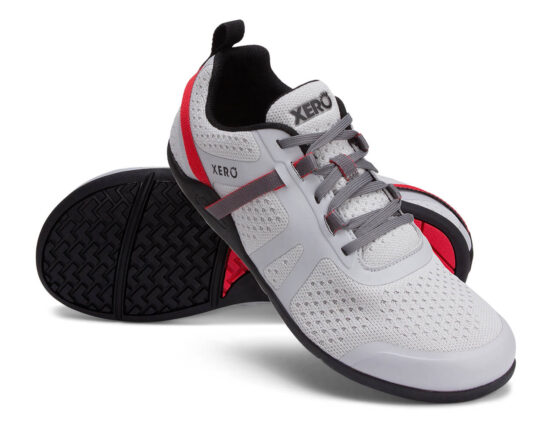—
“It has gotten much harder to get law firms to take a case on pro bono.” – Sirine Shebaya
In a world where justice is meant to be blind, the fear of political backlash seems to have caused some of the most prestigious law firms in the country to turn their backs on pro bono immigration cases. The looming shadow of President Trump’s administration has cast a pall over the legal landscape, leaving many wondering if they can afford to stand up for what they believe in.
It all started on a chilly January morning, just hours after Donald J. Trump took his oath for a second term as President. An executive order was unleashed upon the nation, laying down the groundwork for what some have called “mass deportations” and denying immigrants access to legal aid. This alarming move prompted public interest groups advocating for immigrant rights to join forces and seek legal support from Gibson Dunn, a powerhouse in the legal realm known for taking on high-profile cases.
When Gibson Dunn initially agreed to tackle the administration head-on by filing a lawsuit challenging Trump’s deportation order, it seemed like hope was on the horizon. However, two months later, everything changed. Like shifting sands beneath their feet, Gibson Dunn abruptly backed out of further involvement in immigration litigation efforts, leaving many stunned and bewildered.
The whispers behind closed doors suggested that Gibson Dunn chose this abrupt exit due to fears of drawing Mr. Trump’s ire by associating with lawsuits aimed at restoring legal aid for unaccompanied immigrant children. Such trepidation may not be unfounded given recent actions taken against other large law firms that dared defy presidential directives.
Since March, President Trump has wielded executive orders like a double-edged sword against major law firms—threatening them with severe repercussions if they dare challenge his policies in court. While some firms opted for backroom deals with the White House to avoid direct confrontations, others stood firm and faced off against these orders in judicial arenas.
Gibson Dunn finds itself straddling this delicate line between conscience and consequence without any explicit threats or agreements from Mr. Trump’s administration hanging over its head… yet. Nevertheless, their reluctance to champion causes that clash with the current regime’s vision speaks volumes about the chilling effect emanating from Washington.
As we peer into this murky abyss of political entanglements and ethical quandaries, one thing becomes crystal clear: when power clashes with principle in the hallowed halls of justice, even giants can tremble under its weight.








Leave feedback about this